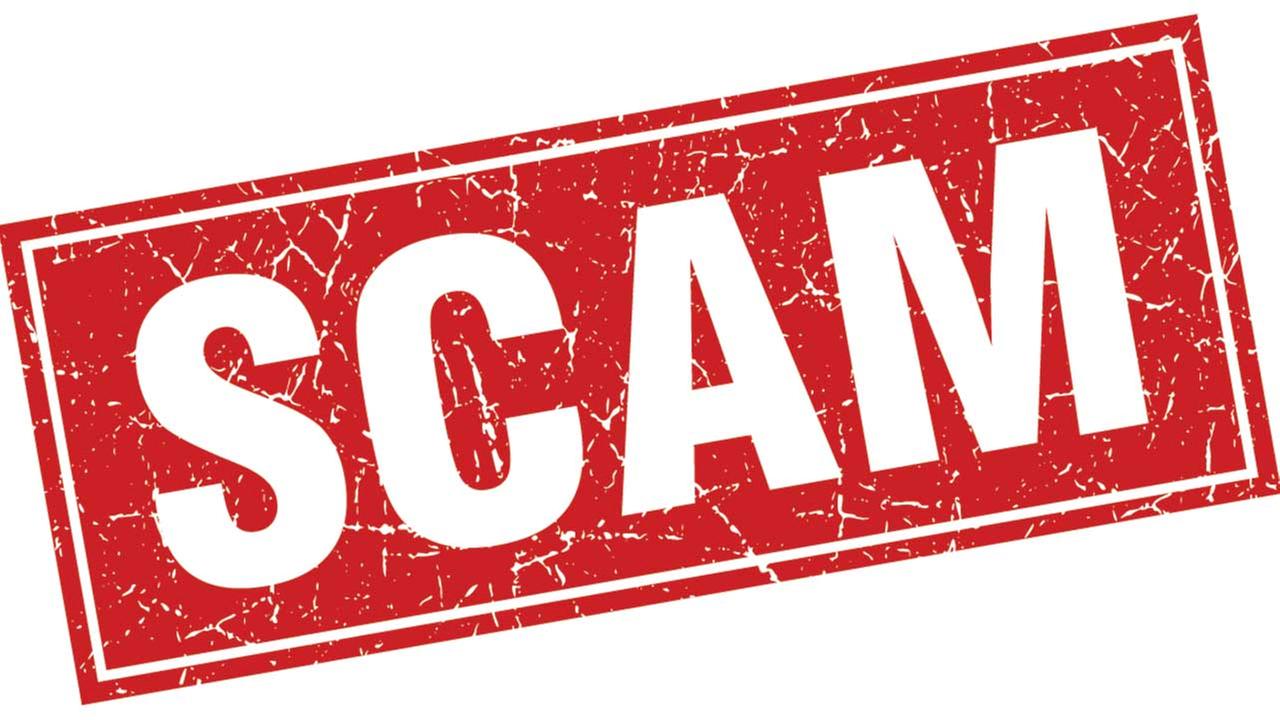
Aussies Lose $300 Million To Scams
Australians lost a startling $300 million to scams in 2016, a figure which only accounts for those cases known to authorities. The record losses combine those reported to the Australian Competition and Consumer Commission and the Australian Cybercrime Online Reporting Network, which number more than 200,000.
Investment scams accounted for the greatest losses, at a total of $59 million, followed by dating and romance scams, which netted nearly $42 million.
The fraud case involving former veterinarian Stephen Larkin this week highlights the complexities around scamming. 
When we think of people losing money to scams, it’s easy to label them as “naïve” because, after all, who would send money to someone they had never met right?
In the case of 77 year-old Stephen Larkin, Magistrate Megan Greenwood said this week that he had used considerable skill and cunning in abusing the court system to fleece people he knew had money.
Despite having no documentation or concrete evidence concerning claimed debts, the twice-bankrupted convicted fraudster lodged bogus claims of up to $60,000 a time against people he knew. He obtained default judgments against them, then he lied to registrars and magistrates saying that he had served those court orders on his victims.
The court would then issue a garnishee order against his victim and, in some cases, money was taken from the victim's bank accounts without their knowledge. Magistrate Greenwood described his actions as brazen and shameless. He was jailed for a third time.
Australians lost a startling $300 million to scams in 2016, a figure which only accounts for those cases known to authorities.
The record losses combine those reported to the Australian Competition and Consumer Commission and the Australian Cybercrime Online Reporting Network, which number more than 200,000.
Investment scams accounted for the greatest losses, at a total of $59 million, followed by dating and romance scams, which netted nearly $42 million.
ACCC deputy chair Delia Rickard told us recently that "scams are getting nastier than ever before."
This sentiment was echoed by forensic cyber security expert Simon Smith who told us on the Daily Drive this week that the $300 million estimate was conservative when you consider that he had personally been involved in trying to track $78 million himself.
When it comes to romance scams, the recent case of Sydney woman Sanaa Derba who pleaded guilty to defrauding older men of over $2 million via online dating sites comes to mind and Simon has even had calls form clients at the airport distraught because “she didn’t show up”. She was never going to he tells them.
Hacking, social media, impersonation and fake trader scams were among other scams reported.
There are a lot more threat-based scams targeting vulnerable people; pretending to be from immigration threatening deportation, threatening recipients of Centrelink, or pretending to be the ATO and claiming there is a warrant out for a person's arrest.
It was through social media that my friend Maria* found herself on the cusp of falling into a romance scam earlier this year, after she was contacted by a man purporting to be a US Marine based in the Middle-East.
Having just come out of a long-term relationship Maria was open to meeting someone online, prompting her to accept his Facebook message request.
She began conversing online with the man and quickly began falling for his expert grooming or “human hacking”.
After about a month he began asking for money and then requested she send him $5000 to a bank account in the UK as his accounts had been frozen by the military. She started to realise things weren’t right and cut off communication. A week later she received, by email, a letter on “Bank of London” letterhead requesting that she deposit $5000 into an account as she had “promised” to do or she would be arrested by Interpol. When she showed me the letter she was distraught and asked for advice. I tore it up into little pieces in front of her.
In 2016, one third of dating and romance scam victims reported that they had come into contact with a scammer through a social media platform.
According to ACCC ScamWatch reports, phone and email were the most dominant contact methods used by scammers in 2016, while email, internet, social media and mobile applications are now considered the most common and effective methods.
Last November, the Australian Institute of Criminology assessed the links between age and consumer fraud victimisation, finding that Australians aged 18–24 were more likely to provide personal details than middle aged to older Australians.
The AIC found Australians aged 45–55 were more likely to fall victim to dating and romance fraud, while people aged 65 and over were statistically more likely to send money when encountering fraud.
In an attempt to quash the number of older Australians losing money through romance and relationship scams the ACCC is continuing to work with intermediaries, such as banks.
Through its Scam Disruption Project the ACCC uses financial intelligence to identify potential victims sending funds to high risk destinations, advising them via letter that they may be the target of a scam.
"Of those [9066] that were sent a letter, 74 per cent stopped sending money within six weeks," Ms Rickard said.
The ACCC projects that money transfers to high-risk areas in 2016 amounted to $7.5 million, down almost 15 per cent from $8.7 million in 2015. Have you been scammed or heard of a scam you'd like to warn others about? Let us know in feedback below.

